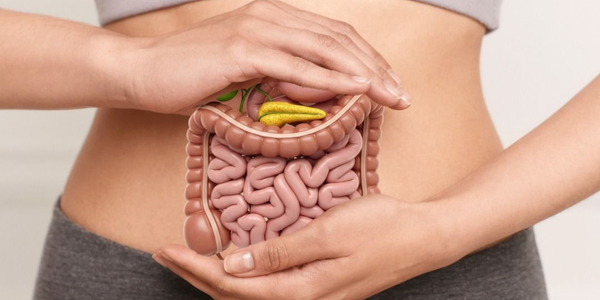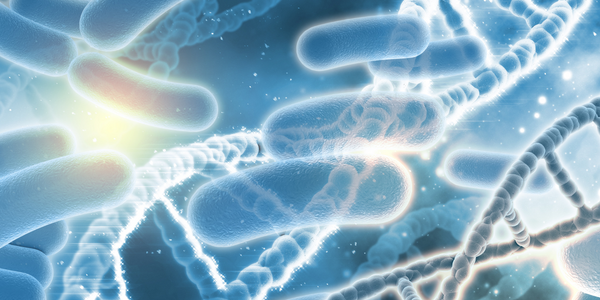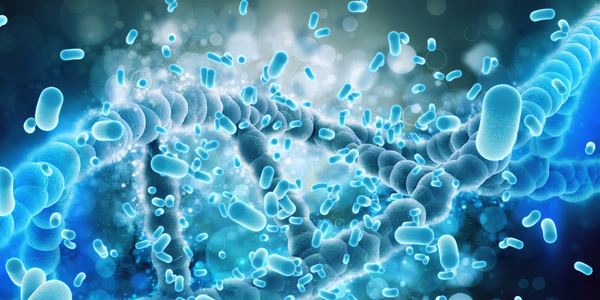Prebiotic and Probiotic Foods: Benefits, Best Sources, and Storage Tips
With gut health being the primary concern of most people these days, both probiotics and prebiotics have taken centre stage. However, no matter how similar they sound, the two play very different roles in your body. While probiotics are the good bacteria required for your health, prebiotics act as food for the same bacteria. In this article, we take a look at the major differences between prebiotic and probiotic food and how they influence your body.

What are Probiotics and Prebiotics?
Before we get to the specific relevance of each of these in your body, let’s make one thing very clear, both Probiotics and prebiotics are important for your health.
- Probiotics : Probiotics can be found in food items and are also available as supplemental form.
- Prebiotics: Prebiotics come from carbs or fiber and they cannot be digested by your gut. Prebiotics are instead eaten by the healthy bacteria or Probiotics in your gut.
Collectively, these two form the gut microbiota or flora.
Prebiotic and Probiotic Foods
There are many foods that can provide you with what you need, whether it is Probiotics or prebiotics. Let’s take a look at them below
Prebiotic Foods
-
Bananas

- Apples
- Oats onions
- Chicory root
- Legumes
- Soy beans
- Wheat
- Leeks
Probiotic Foods

- Sauerkraut
- Kefir
- Yogurt
- Tempeh
- Miso soup
- Kombucha
- Pickles
- Cheese
Are Probiotics and Prebiotics good?
As already established, prebiotics are certain parts of certain foods that cannot be digested by our gut. They are then eaten up by the friendly bacteria in our stomach, ie., probiotics . This interlinking of Probiotics and prebiotics is beneficial for various things in our body. To understand these benefits, let’s take a look below.
Gut health
There are various studies that have reported the benefits of probiotics for our digestive health. When taken alongside antibiotics, they help reduce the risk of antibiotic-related diarrhea. Not just that but they also mitigate the chances of IBS or irritable bowel syndrome, various digestive disorders, gas, constipation, and bloating.
Mental Health
There is some evidence that suggests that Probiotics may be good for our mental health. It is shown that they may reduce the symptoms of depression - as scientists have corroborated that the gut and brain have a direct link with each other.

General Health
Other than gut and mental health, probiotics are also known to reduce the need for antibiotics and may decrease incidences of cold, gestational diabetes, yeast infections, eczema and more. However, further research is required on these benefits of Probiotics
Storage
While you can store prebiotics outside, you cannot do the same for Probiotics . Probiotics need to be stored in a cool place, ie., your refrigerator, as these are living organisms and heat can kill them.
Final Take Away
Your overall health and wellbeing depends upon a healthy gut. In order to do so, incorporate a healthy mix of prebiotic and probiotic foods. If your food fails to provide you that, consult your healthcare provider for the right type of prebiotic+ probiotic supplements for you. You can try out Wellbeing Nutrition's Probiotic + Prebiotic effervescent tablets to support your digestive health, neutralize toxins, improve metabolism, and help prevent other gut-related issues
References:
- Prebiotics: Definition, Types, Sources, Mechanisms, and Clinical Applications, Dorna Davani-Davari, Manica Negahdaripour, Iman Karimzadeh, Mostafa Seifan, Milad Mohkam, Seyed Jalil Masoumi, Aydin Berenjian, and Younes Ghasemi, Foods Journal, 2019, doi: 10.3390/foods8030092, (https://www.ncbi.nlm.nih.gov/pmc/articles/PMC6463098/)
- Effects of probiotics on gut microbiota: mechanisms of intestinal immunomodulation and neuromodulation, Fereshteh Ansari, Hadi Pourjafar, Aydin Tabrizi, Aziz Homayouni, Current Pharmaceutical Biotechnology, 2020, doi: 10.2174/1389201021666200107113812, (https://pubmed.ncbi.nlm.nih.gov/31914909/)
- Effects of probiotics on gut microbiota: mechanisms of intestinal immunomodulation and neuromodulation, Peera Hemarajata and James Versalovic, Therapeutic Advances in Gastroenterology, doi: 10.1177/1756283X12459294, (https://www.ncbi.nlm.nih.gov/pmc/articles/PMC3539293/)
- Probiotics and Prebiotics, Martin H Floch, MD, Gastroenterology and Hepatology, Martin H Floch, MD, 2014, (https://www.ncbi.nlm.nih.gov/pmc/articles/PMC4988227/)
- Probiotics, prebiotics and synbiotics- a review, Kavita. R. Pandey, Suresh. R. Naik, and Babu. V. Vakil, Journal of Food Science and Technology, 2015, doi: 10.1007/s13197-015-1921-1, (https://www.ncbi.nlm.nih.gov/pmc/articles/PMC4648921/)
- Probiotics, prebiotics and amelioration of diseases, Yu-Ling Tsai, Tzu-Lung Lin, Chih-Jung Chang, Tsung-Ru Wu, Wei-Fan Lai, Chia-Chen Lu & Hsin-Chih Lai, Journal of Biomedical Science, (https://jbiomedsci.biomedcentral.com/articles/10.1186/s12929-018-0493-6)


























Leave a comment